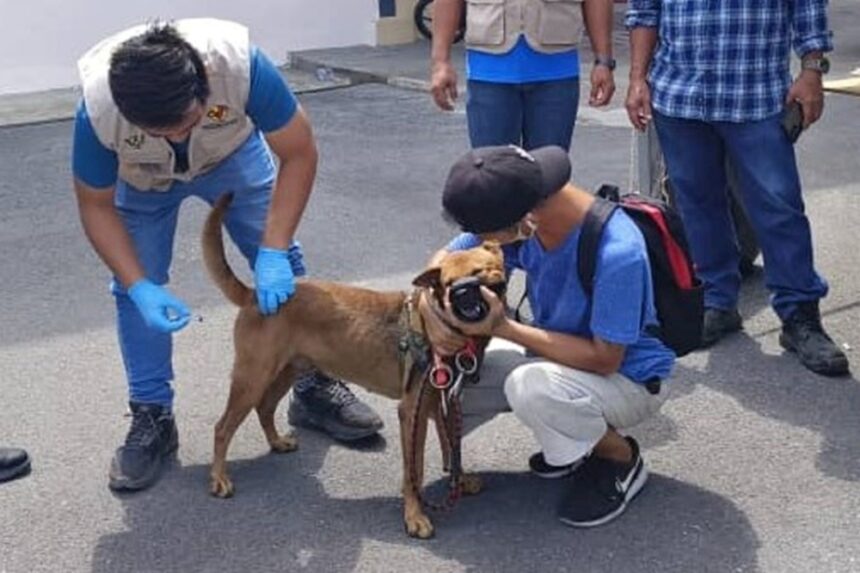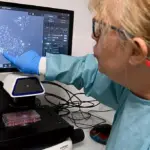BANGKOK – A recent rabies outbreak in Bangkok and neighbouring Samut Prakan has led local authorities to take swift action. Several areas in these provinces have been classified as temporary epidemic zones.
The Department of Livestock Development has banned the movement of dogs, cats, and other mammals for 30 days, running from 9 September to 8 October 2025. This follows confirmed rabies cases in Bangkok’s Nong Bon subdistrict, part of the Prawet district.
The situation highlights Thailand’s ongoing struggle with rabies and the need for both community involvement and support from groups like the Soi Dog Foundation.
The outbreak surfaced after a stray dog in Chalermphrakiat Rama 9 Soi 49, located in Nong Bon, tested positive for the virus on 9 September. Both the Bangkok Metropolitan Administration and the Department of Livestock Development responded quickly to label the event as a major health risk. Rabies can spread rapidly among people, pets, and livestock.
Affected zones cover Nong Bon in Prawet and are bordered by Thap Chang, Bang Kaeo, Racha Thewa, and Bang Chak. High-alert areas in Samut Prakan include Bang Kaeo and Racha Thewa. Officials are monitoring a five-kilometre area around the outbreak centre, taking in six Bangkok districts and one in Samut Prakan.
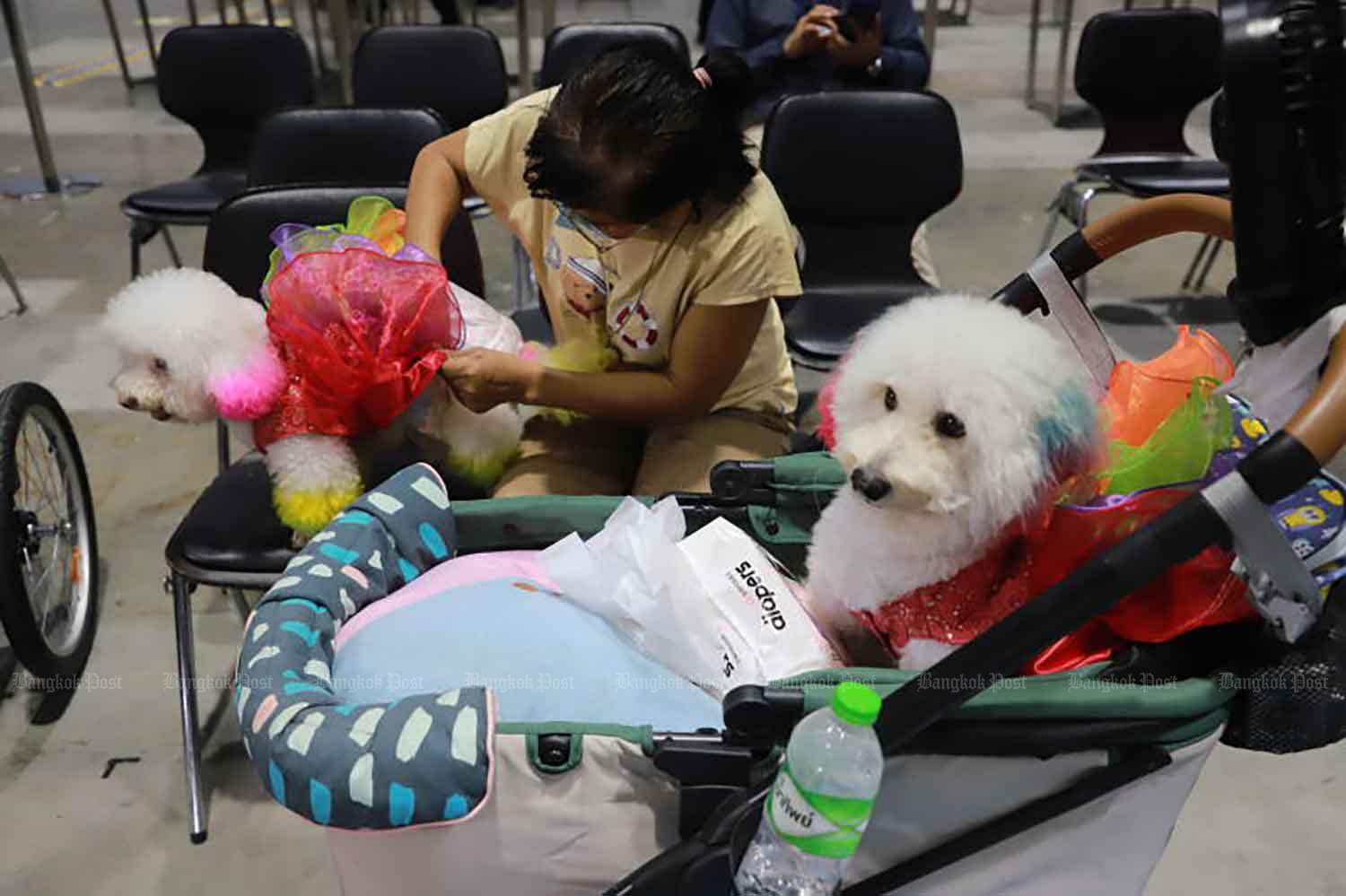
No Movement Rabies Order Issued
According to the Animal Epidemics Act B.E. 2558 (2015), moving dogs, cats, or their remains into, out of, or within these zones is not allowed unless a government-approved vet grants written permission. Animal owners must notify authorities about sick pets within 12 hours, and any carcasses must stay in place for examination by officials.
Violations can result in up to two years in jail or fines reaching 40,000 baht (about $1,200 USD). The government advises people to avoid contact with stray animals, especially dogs and cats, and to wash any bites or scratches with soap and water right away before seeing a doctor for a rabies shot.
Rabies signs in animals, such as sudden aggression, unexplained biting, stiffness, drooling, or a limp tongue, should be reported as soon as possible.
Rabies, transmitted by the Lyssavirus, is almost always fatal once symptoms show in humans. Most cases start with bites from infected animals, mainly dogs. Rabies remains a serious health risk in Thailand, which has an estimated 130,000 stray dogs in Bangkok alone.
Although mass vaccination drives have helped, stray animals without vaccines still fuel new infections. For example, a stray near a garbage facility in Soi Onnut 86 recently tested positive. Authorities responded by vaccinating 104 pets, giving shots to 728 people in nearby districts, and rounding up 51 strays for observation.
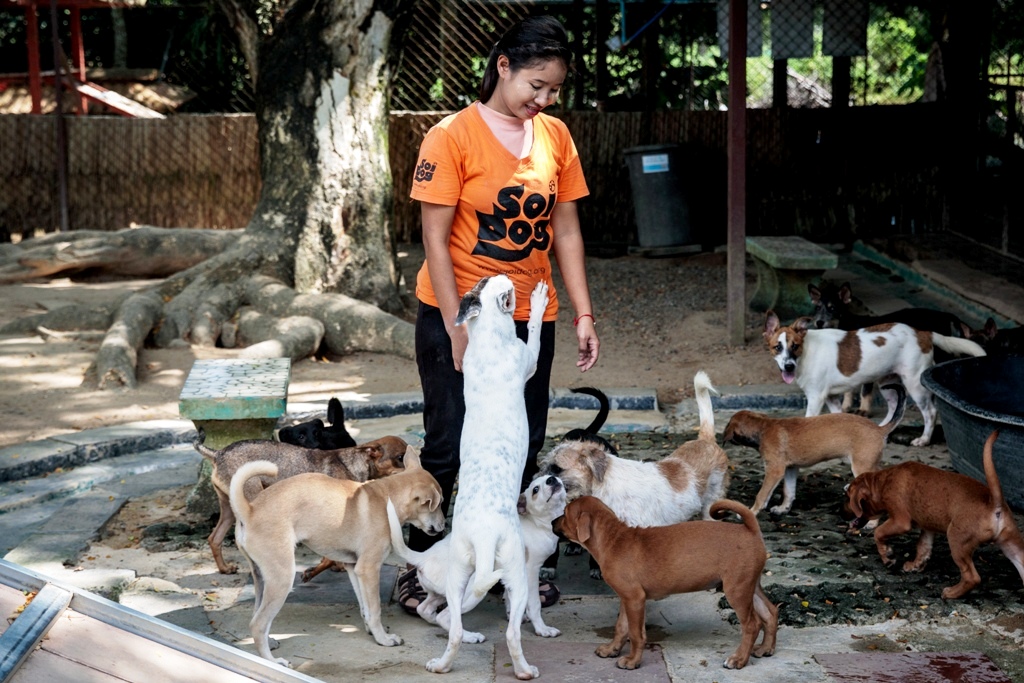
Soi Dog Foundation
The Soi Dog Foundation, based in Phuket, has played a key part in managing rabies and stray populations in Thailand since 2003. This non-profit group works to neuter and vaccinate stray dogs and cats, slowing growth and stopping disease spread.
Their Catch-Neuter-Vaccinate-Release (CNVR) programme has reached over 1 million animals across the country, helping to reduce street animals and the risk of rabies. In Bangkok, the foundation runs vaccine drives that include both owned and stray dogs, working closely with local authorities.
Mobile clinics reach remote places, offering free sterilization and vaccination. The foundation also teaches local communities about responsible pet care and rabies prevention.
The Soi Dog Foundation supports Thailand’s “Zero by 2030” goal, which follows World Health Organization advice to stop human deaths from dog-transmitted rabies through a coordinated approach. The foundation’s presence in Bangkok and Samut Prakan has proven essential, especially in areas with many street dogs.
By combining sterilization with vaccinations, they help lower the number of unvaccinated dogs, which are the main source of rabies spread. Their programme strategy, shaped by data from studies in places like Lopburi, shows that focusing on female dogs for neutering can drop stray numbers by more than half over five years, creating a cost-effective alternative to culling.
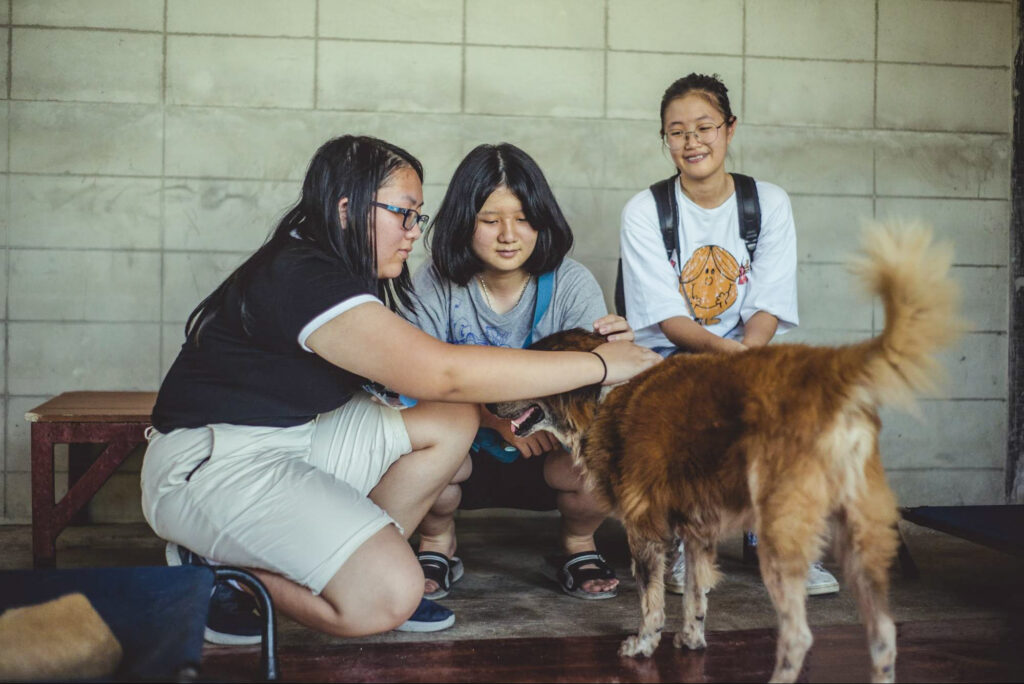
Bangkok Dog Control Centre
There are several ways the public can support Soi Dog’s work. Donations help fund mobile clinics, vaccine purchases, and spay/neuter operations, and even small gifts go a long way. For instance, £16 is enough to vaccinate 10 dogs against rabies. Volunteers are also welcome to help with animal care, outreach, and educational events.
Those living in or near the affected zones can help by reporting strays to the Bangkok Dog Control Centre (02-328-7460 or 02-328-7355) and keeping their pets vaccinated and away from stray animals. Travellers to Thailand should consider pre-exposure vaccinations and get medical help straight away if bitten by an animal, since delays in post-exposure treatment can be fatal.
This outbreak shines a light on the stubborn threat of rabies in the country, particularly in crowded cities like Bangkok. The 30-day movement ban aims to contain the virus, but long-term progress depends on ongoing vaccination, sterilization, and public education.
The continued work of the Soi Dog Foundation, along with support from local communities, is central to decreasing stray numbers and stopping future outbreaks. By staying informed, helping trusted organizations, and following health advice, both residents and visitors can help protect Thailand’s people and animals.
For more details about supporting rabies prevention, visit the Soi Dog Foundation’s website or reach out to local authorities for the latest rules on vaccination and reporting. Together, these steps can move Thailand closer to a rabies-free future.




